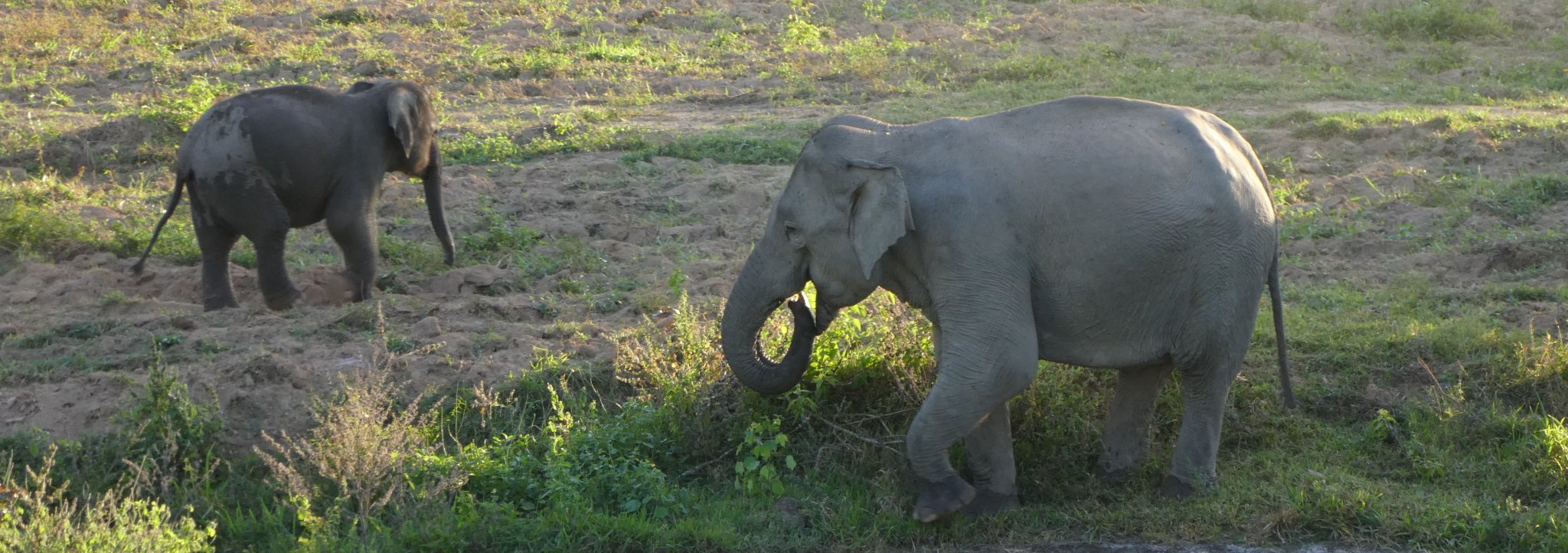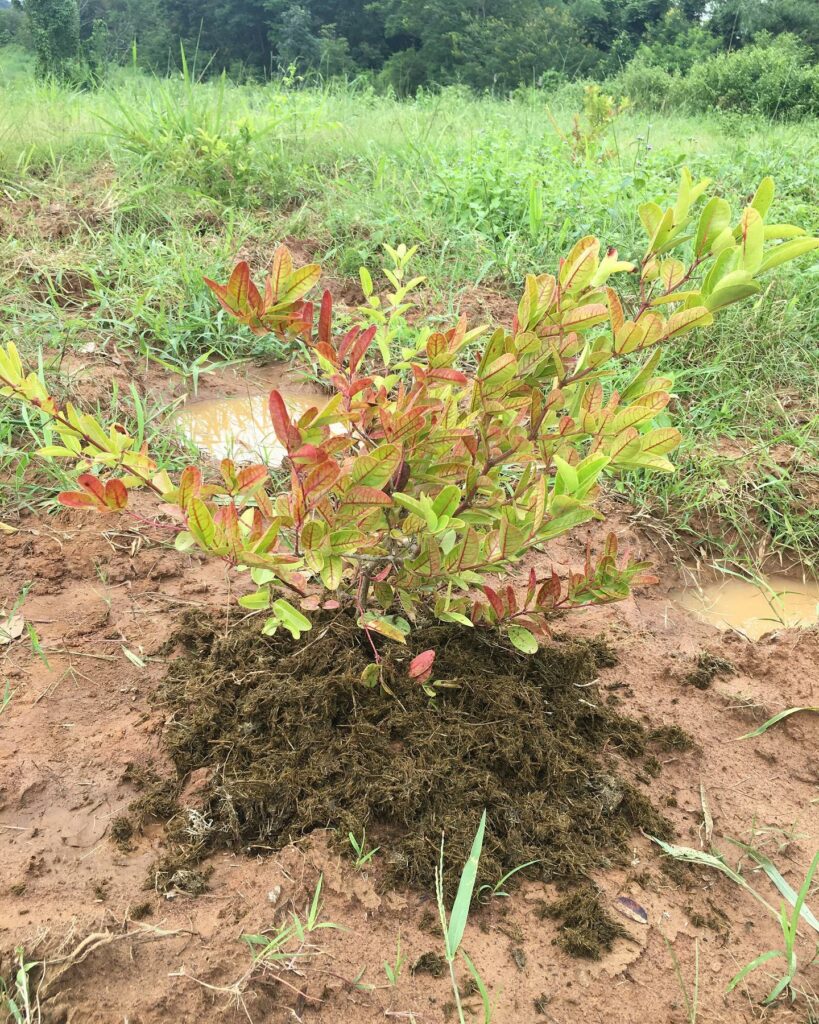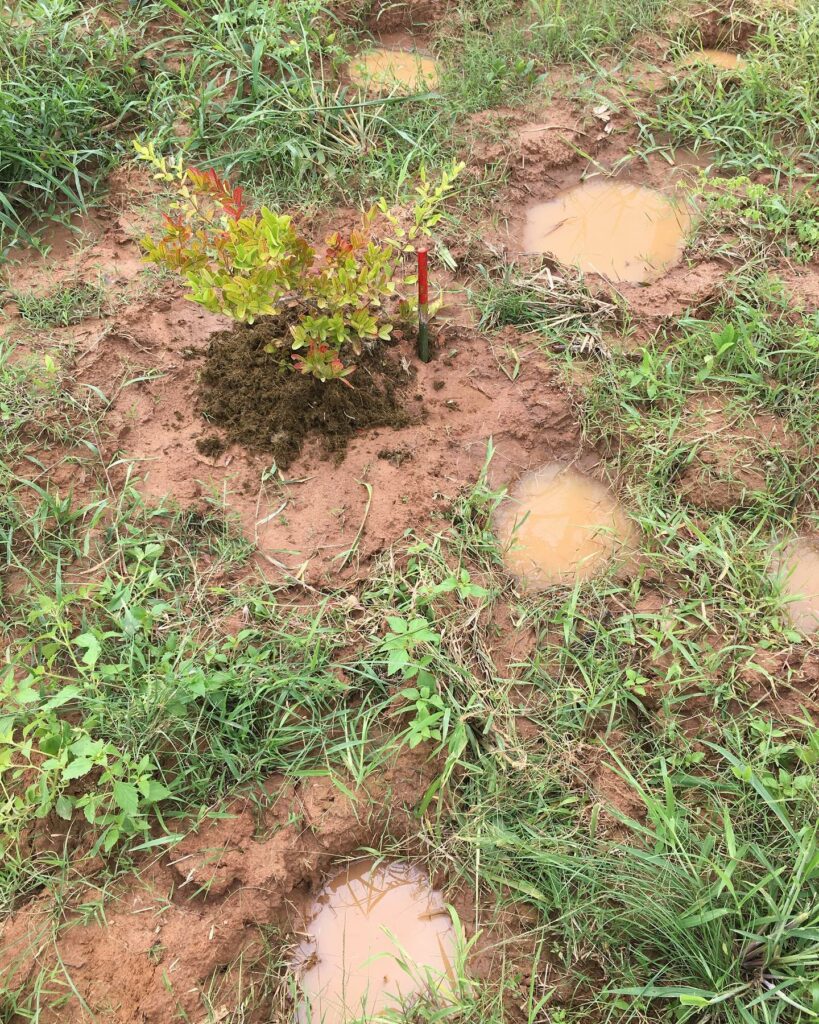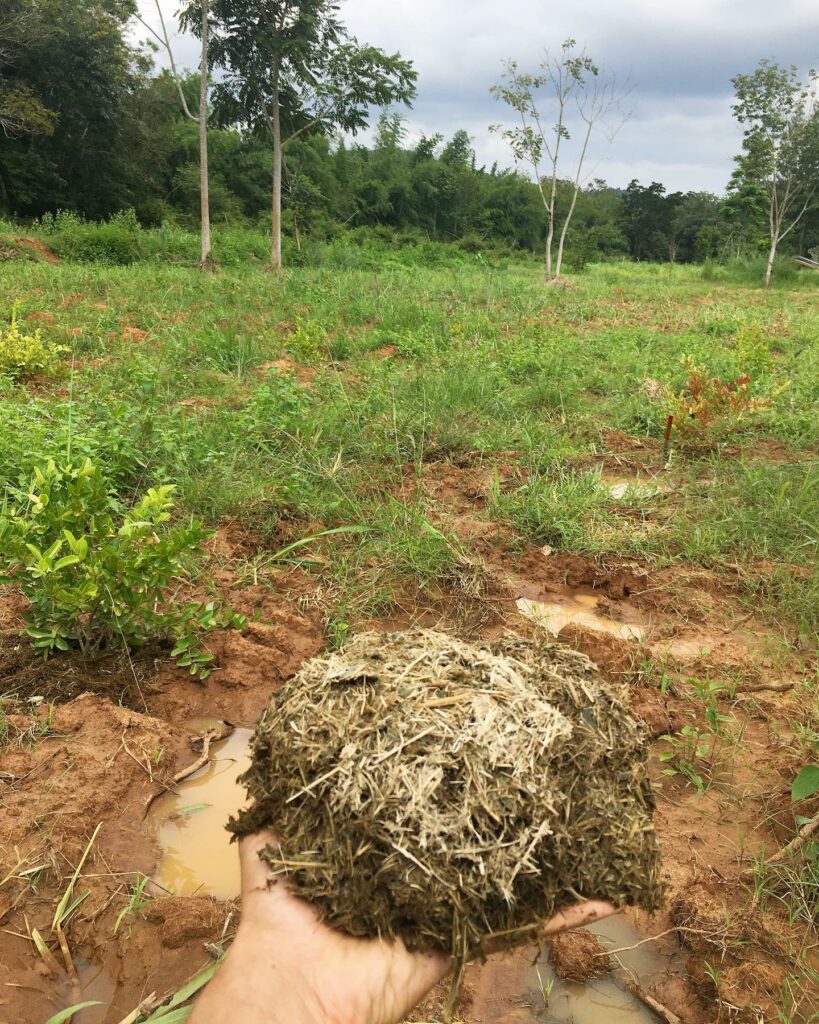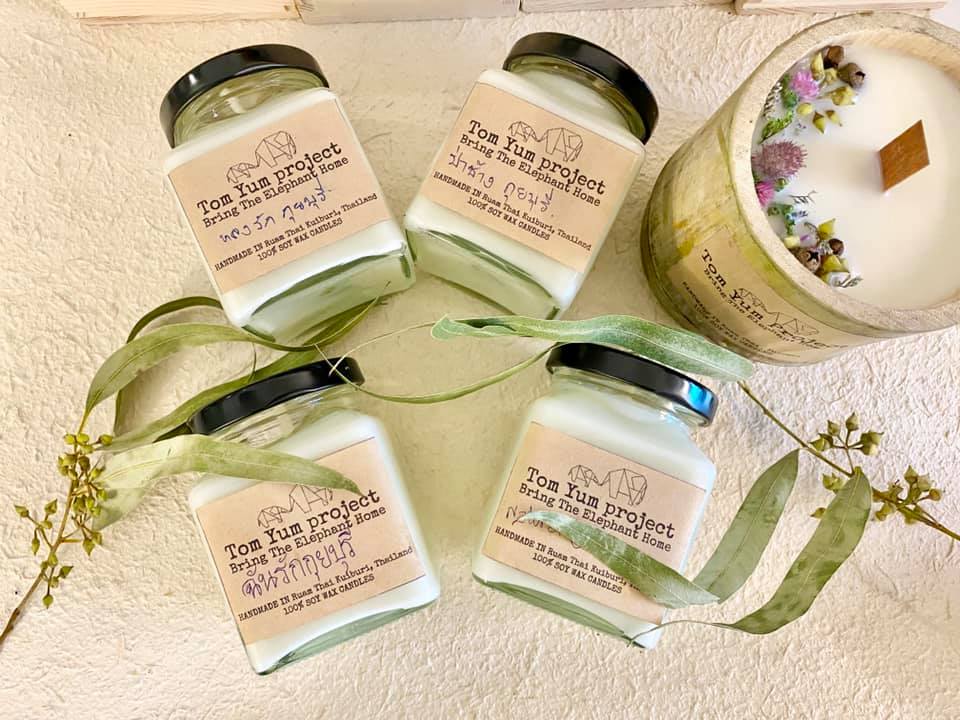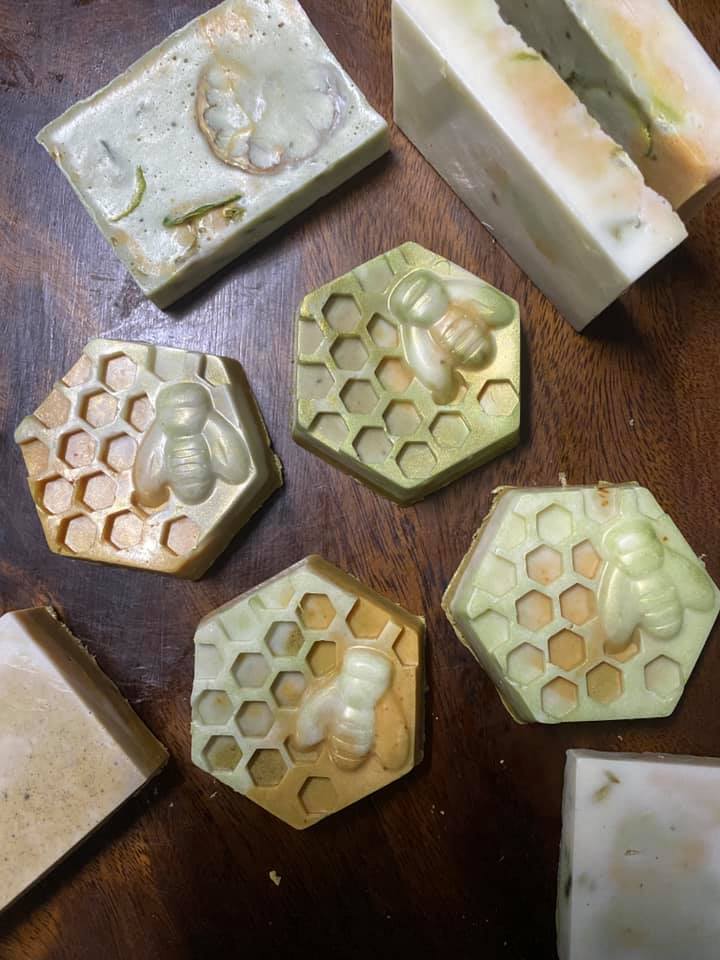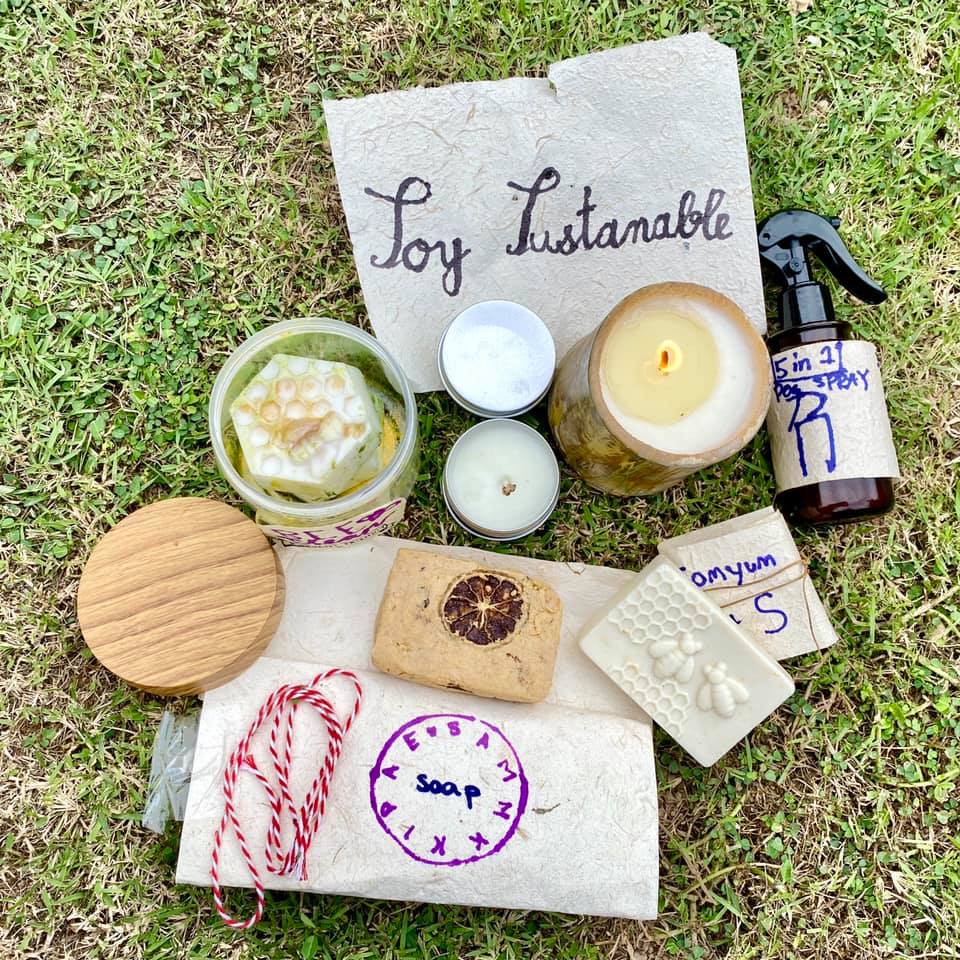First results of Tom Yum project very positive!
BTEH tackles the protection of elephants and mitigation of human-elephant conflict at the root by inspiring farmers to grow biological elephant-repelling crops, increase biodiversity, develop sustainable income, and contribute to reforestation.
Many farmers in Thailand are now growing crops that attract elephants, such as pineapple or sugar cane. With the Tom Yum project, we offer help to change to elephant repelling crops, such as hot pepers, garlic, lemon grass, galangal, lime, onion, and coriander -ingredients of the spicy Tom Yum soup. For this, we use the principles of biological agriculture and permaculture. The first results of David Owen’s Master research look very promising: in two months elephants have destroyed 96.5% of the pineapple, while they only touched 5.2 % of the hot pepers, 4.8% of the kaffir lime, and 2.5% of the citronella. This mostly happened because these crops were planted near the pineapple. The lemon grass, lime and karonda did not suffer damage from elephants at all.
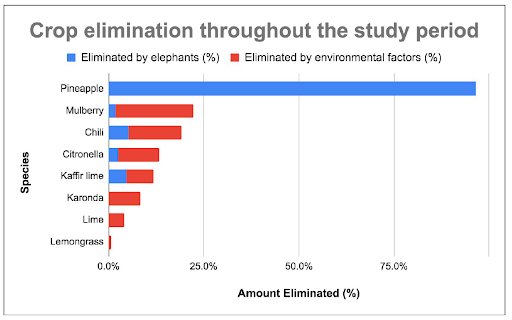
We just hosted the first design thinking challenge with students from NIST International School and Khamarat Chorchuvong of Soap me. The students worked in groups with the local community and used oils, powders and extracts to invent sustainable products with a tagline, target market and product story. Part of the income from the Tom Yum products (such as soap, body lotion, honey and candles) will be used to enlarge the habitat of elephants.
Some of these innovative products may be among the first elephant-friendly products created from the Tom Yum Project – an alternative crop planting project that seeks to bring social, economic and ecological resilience to communities experiencing human-elephant conflict
Many thanks to Lush Charity Pot, Marjo Hoedemakers Foundation, ‘Voeten in de Aarde’, Happy Hearts Yoga Project and all the sponsors who made the first phase of the Tom Yum project possible!
The next phase will be to establish a Tom Yum nursery so that we will have enough seedlings ready to be planted by the next rainy season. Will you help us make this happen?
Please support the Tom Yum project with an online donation!
‹ Back to previous page